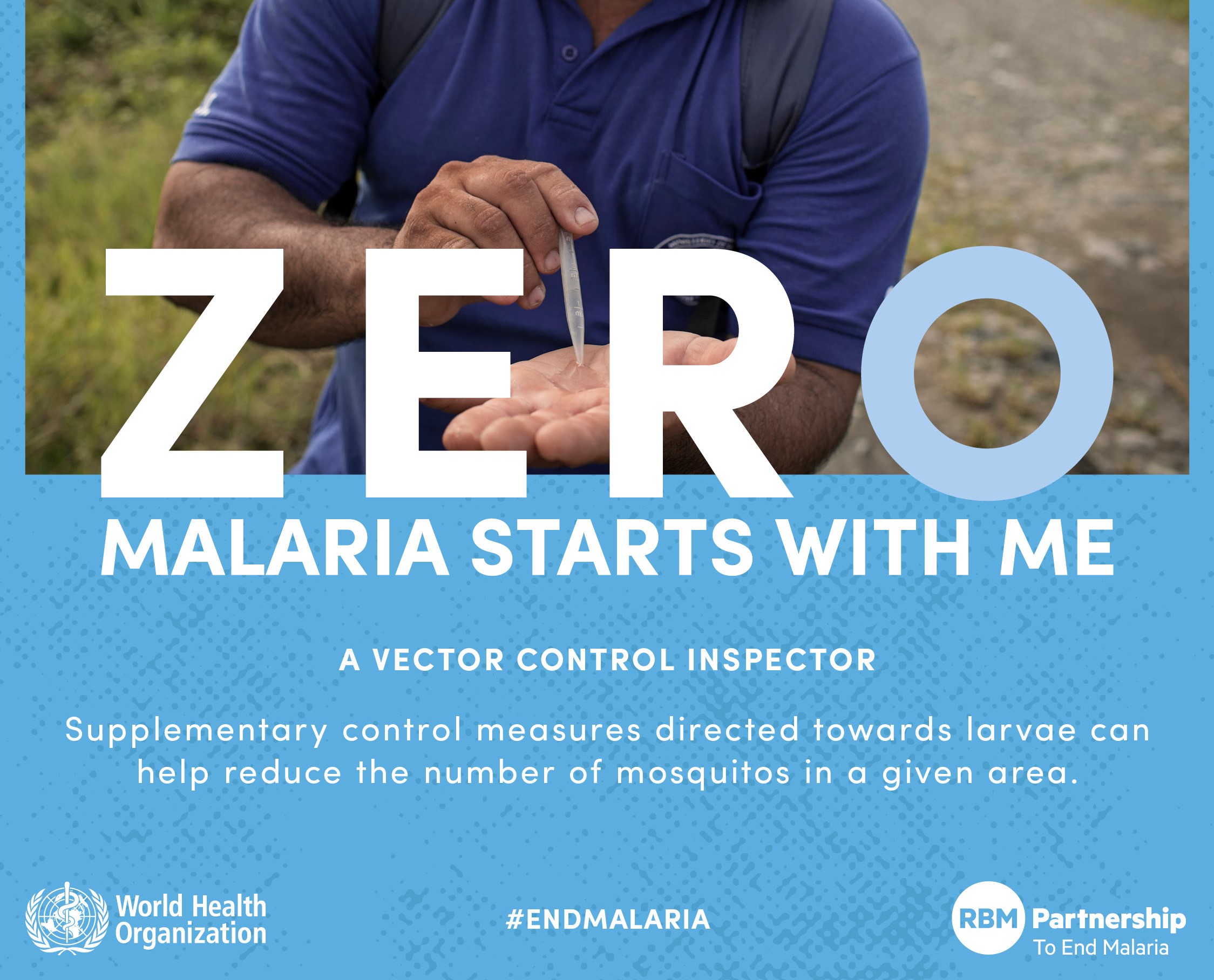World Malaria Day: Prevention tips; WHO's campaign and significance of the day
According to WHO’s latest World malaria report, progress in the fight against malaria has levelled off after more than a decade of steady advances.

World Malaria Day is observed every year on 25th April to raise awareness and recognize the global efforts to combat the disease. The day was established in 2007 to provide education and understanding of malaria and spread awareness on the year-long intensified implementation of national malaria-control strategies, including community-based activities for malaria prevention and treatment in endemic areas.
According to WHO’s latest World malaria report, progress in the fight against malaria has levelled off after more than a decade of steady advances. The report says that no significant gains were made in reducing malaria cases in the period 2015 to 2017. The estimated number of malaria deaths in 2017, at 435 000, remained virtually unchanged over the previous year.
The WHO African Region continues to shoulder more than 90 per cent of the global malaria burden. Worryingly, in the 10 African countries hardest hit by malaria, there were an estimated 3.5 million more cases of the disease in 2017 over the previous year.
“Zero malaria starts with me”
On World Malaria Day 2019, WHO joins the RBM Partnership to End Malaria, the African Union Commission and other partner organizations in promoting “Zero malaria starts with me,” a grassroots campaign that aims to keep malaria high on the political agenda, mobilize additional resources, and empower communities to take ownership of malaria prevention and care.
The campaign aims to engage all members of society, political leaders who control government policy decisions and budgets, private sector companies that will benefit from a malaria-free workforce, and communities affected by malaria, whose buy-in and ownership of malaria control interventions is critical to success.
The joint campaign aims to:
- Keep malaria high on the political agenda
- Mobilize additional resources
- Empower communities to take ownership of malaria prevention and care
Prevention tips
- Clean surrounding - The first step towards preventing malaria is to maintain hygiene. Make sure your home is mopped with disinfectant every day and the excess water around you treated at the earliest. Wear full clothes - Wear light coloured full sleeves or legs clothes that cover most of your body to avoid mosquito bites.
- Keep the doors and windows shut - Do not let mosquitoes enter your home. Keep the doors and windows shut, especially during the evening. Because that's when mosquitoes tend to enter and hide in the dark corners of your house. Maintain a strong immune system - Consuming a healthy diet and drinking lots of fluids are the easiest ways to achieve a strong immune system that can fight infection.
- Avoid street food - It can be hard to resist those lips making street food items but to keep yourself away from the infection, opt for freshly cooked and steaming hot food instead. Mosquito repellents - Repellents creams, sprays, and insecticide-treated nets are pocket-friendly and effective tools to avoid exposure to mosquitoes, keep them handy.
- Natural remedies- If you are allergic to chemicals that are in mosquito repellents, use natural remedies to stay protected. Garlic and rosemary have mosquito larvicidal properties. Make your own natural mosquito repellent spray by boiling crushed garlic clove. Fill the solution in a spray bottle and spray around to prevent mosquito bites. Aromatic plants - Plants with a strong aroma are something mosquitoes don't like. So, grow rosemary, marigold, mint or lemongrass to keep mosquitoesaway.
ALSO READ
Nigeria becomes first country to roll out new meningitis vaccine, WHO says
Health News Roundup: Nigeria becomes first country to roll out new meningitis vaccine, WHO says; Mexico sounds alarm over 'zombie drug' sedative in opioids and more
Nigeria first country to introduce ‘revolutionary’ meningitis vaccine
Nigeria becomes first country to roll out new meningitis vaccine, WHO says
Nigeria rolls out new vaccine against meningitis recommended by WHO










